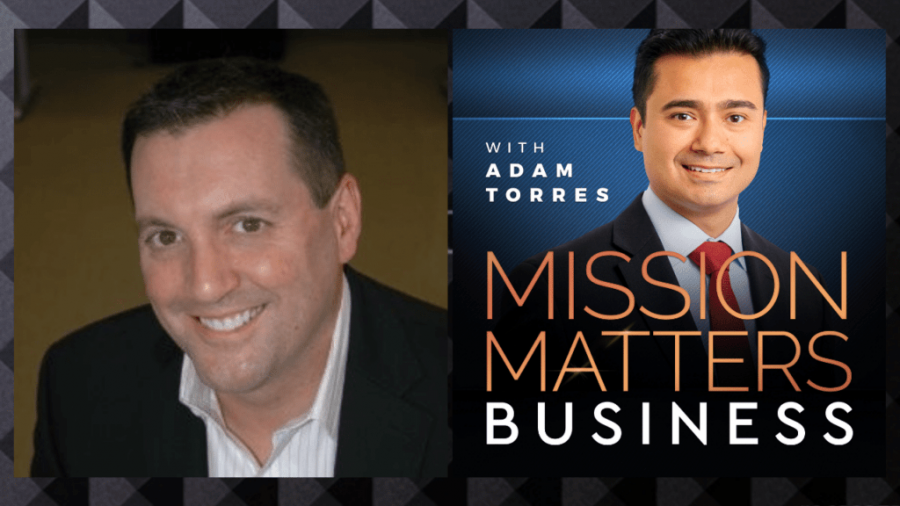Years ago I became aware of the inequality that existed in the workplace when I watched a woman get passed over for a promotion, one that she very much deserved, because she was out on maternity leave and fell a little short on a metric that was unattainable due to her leave. While she far exceeded all other metrics, a metric tied to time spent on a particular annual goal was impossible to achieve while being out with her first-born. Watching that happen was shocking. I made a decision that day to not sit by quietly and let that happen in the future. However, I didn’t know what I could do or how I was going to do it.
Fast forward to 2015…I, along with others, were challenged to write down a “Really Big Goal” that we wanted to accomplish. I wrote, “I would like to be in a position of authority where I have the power and influence to make decisions that materially change the world.” By this time in my career, I had been watching, listening, and learning more, with eyes wide open, that lack of inclusion and pervasive inequality was everywhere. I then watched as companies big and small started to implement Diversity and Inclusion initiatives. Measure how diverse we are (or not) then implement processes to fix the numbers. That seemed backward to me. Better than nothing, I guess, but why not just be more inclusive, treat everyone equally and measure how you’re doing?
A year later, those goals were mailed back to me to ‘check-in’ with myself on my progress. I had made none. That spurred me to take action. I started asking questions and having conversations. I learned that that inequality started with a lack of inclusion. Even if that was not intentional, we tend to run in circles of similar people. To that end, when people refer their friends and former colleagues, those referrals tend to look and act like the person that referred them. Inadvertently and usually unintentionally that leads to a lack of diversity and makes us need to expand our inclusiveness even further.
Why does word order matter? If we start by growing our network outside of the people and places that we feel most comfortable with, we tend to expand what our network looks and acts like. Once that happens, if we are genuinely open to treating all people equally, regardless of any label or self-identification, we can then look at diversity as a measurement of how well we’re doing on the other two.
Here is a link to a podcast I recorded recently on that topic with the firm, Mission Matters.
As always, I welcome comments, feedback, and discussion. (even if you disagree).
Inclusion, Equality, and Diversity and How the Word Order Matters with Eric Neef



